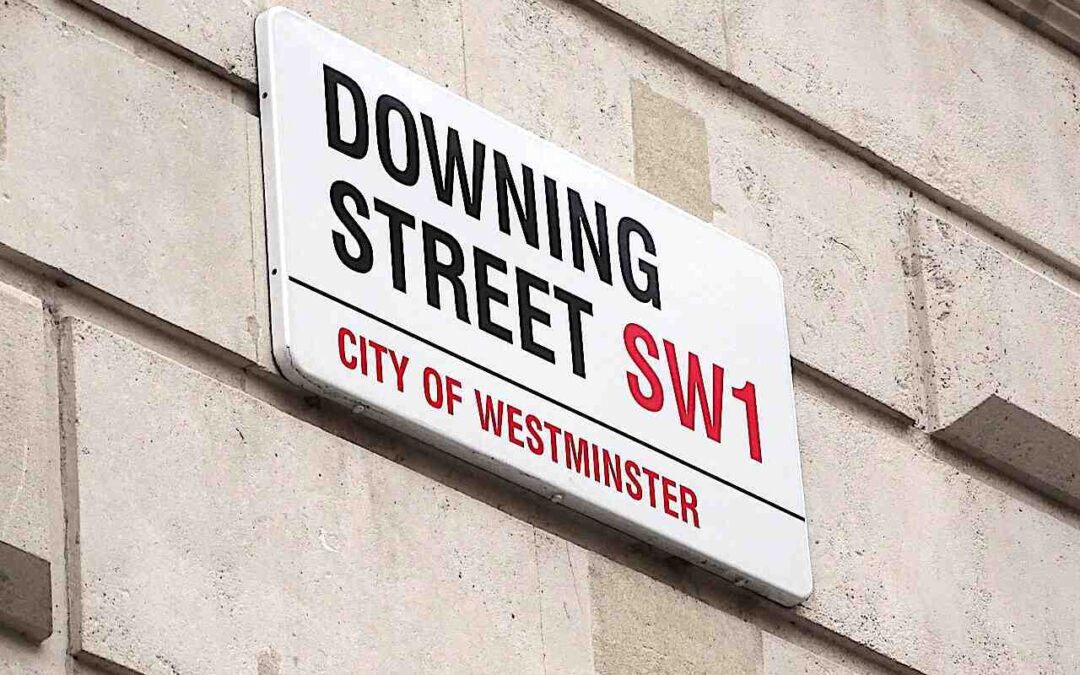Do employees have to self-isolate if they are told to via the NHS Covid-19 app?
Being ‘pinged’ is becoming part of everyday language as large numbers of people have been contacted by the NHS Covid-19 app. Being pinged is different to being told to self-isolate by the NHS Test and Trace system which tells you to self-isolate after testing positive for Covid or where you have been a close contact of someone who tested positive.
Anyone who is ‘pinged’ is being advised to self-isolate for 10 days and the Government guidance confirms that the employee should not attend the workplace as they may be infectious. This has been complicated by Government ministers saying that it is not a legal obligation to self-isolate if someone is ‘pinged’ and it is up to the individual and their employer. The NHS Covid-19 App makes clear that it will not be used to enforce the law.
This is different to the NHS Test and Trace system where there is a legal duty to self-isolate if you are contacted. It is also an offence for employers to allow a worker to attend the workplace if the employer is aware that the worker has been told to self-isolate by NHS Test and Trace.
Do employees have to tell us that they’ve been ‘pinged’?
As an employer you have a responsibility for health and safety in the workplace and you should have an up-to-date Covid-19 Workplace Risk Assessment which considers self-isolation and a Covid secure working environment. Employees should therefore let you know if they have been pinged
The Government has produced a list of 16 ‘critical’ sectors which will operate until 16 August 2021 where workers who are fully vaccinated will not need to self-isolate if they are contacted by NHS Test and Trace or notified by the NHS Covid-19 App. After 16 August double vaccinated employees will not have to self-isolate but will be encouraged to take a PCR test.
If someone is pinged, you should ask them to provide some evidence of the notification.
What about employees who are double vaccinated, do they also have to self-isolate if they are ‘pinged’?
Pre 16 August, 2021 everyone who is ‘pinged’ via the NHS Covid-19 App is advised to self-isolate for 10 days, even if they have received two doses of the vaccine. This will not apply to workers in ‘critical’ sectors as described above.
Post 16 August, 2021 double vaccinated employees will not have to self-isolate if they are contacted as being a close contact of someone with Covid-19. They will be advised to take a PCR test and if the result is positive, they will still be required to isolate.
Those who are not fully vaccinated will still need to isolate if they are contacted.
If an employee is instructed to self-isolate by Test and Trace, what pay are they entitled to?
Employees may qualify for Statutory Sick Pay (SSP) while they are required to self-isolate. Employees on low incomes may be entitled to a one-off Test and Trace payment of £500 from their local authority.
For employees who receive their full contractual pay or enhanced company sick pay when off sick you need to check the wording of the sickness clause in the employment contracts to determine if you have to pay that or just SSP. If the employment contract says that contractual sick pay is payable whenever SSP is payable, the employee will be entitled to the enhanced or full pay where SSP is triggered by self-isolation. However, if the contract confirms that full or enhanced sick pay is only paid when the employee is on sick leave then the employee is only entitled to SSP as self-isolation is not the same as being off sick.
To avoid any reduction in pay, and to encourage employees to self-isolate when required, some employers are allowing employees to use annual leave to cover a period of self-isolation at short notice. It is vital for employers to adopt a consistent approach for all employees to avoid any allegation of discrimination.
It’s worth noting that SSP must be paid from day one for self-isolation and if someone is off sick due to Covid-19 two weeks of SSP can be claimed back from the Government.
We have lots of employees self-isolating as they have been ‘pinged’ via the NHS Covid-19 App – can we ask them to stop using the App?
Increasing numbers of people are notified that they have been in contact with infected people and employers are suffering from staff shortages. You could discuss the risks of using the NHS Covid-19 App with your staff and explain how it works and why. However as you have a duty to protect the health and safety in the workplace, it could be argued that part of this obligation includes instructing employees who may be infectious to self-isolate. Telling them to delete the App could open the door for someone to anonymously complain to the Health and Safety Executive that you are operating an unsafe workplace.
From 2 August 2021, the NHS Test and Trace App has been changed to reduce the number of people who are identified as a ‘close contact’ of a confirmed Covid-19 case. If someone without symptoms tests positive, the App will now only ‘ping’ a person’s close contacts in the two days prior to the positive test, rather than the previous five days. This is intended to reduce the number of people who are required to self-isolate and the disruption that self-isolation can have on businesses.
One employee has been told to self-isolate for the fourth time, can we ask them to take this time as annual leave?
Employers should treat employees consistently and to adopt the same procedures for each period of self-isolation.
Depending on the position on contractual sick pay and Statutory Sick Pay (see above), you can suggest the employee takes it as annual leave to cover the period of self-isolation, rather than receive SSP. You cannot force them to take the annual leave unless you have given them the necessary notice ahead of doing so required by legislation and it will not be possible to do that here.
An employee has not attended work as they have been asked to self-isolate by Test and Trace. What evidence should we ask for?
Employers are entitled to ask for ‘reasonable evidence’ of someone’s incapacity to work after seven days of sickness absence. This is normally a fit note from a GP or Hospital doctor.
When an employee’s absence relates to Covid-19 and they are entitled to receive SSP, the Government has provided information on what evidence is acceptable. This may include an isolation note from NHS 111 if the employee is self-isolating or the notification from NHS if they have been contacted via the NHS Covid-19 App. You should ask for this evidence.
Can we insist employees download and use the NHS Covid-19 App?
Use of the Covid-19 App is voluntary and while you can encourage employees to download and use it – you cannot make this mandatory unless you can show it is necessary to ensure there is a safe workplace.
You would also need to consider if you were unlawfully discriminating against anyone by insisting on this. You could encourage employees to continue to use the App by sharing the NHS Covid-19 App information website however, this may not mean that employees do download and use the App.
Employers should think about ways they can protect the health and safety of staff which may include encouraging use of the App but also a number of other measures. The current Government guidance emphasises the requirement for Covid-19 Risk Assessments and instructing staff with symptoms to work from home and not attend the workplace.
Get in touch
If you need support our team of HR Consultants and Employment Law Solicitors can help. Get in touch with a member of our specialist team today.







